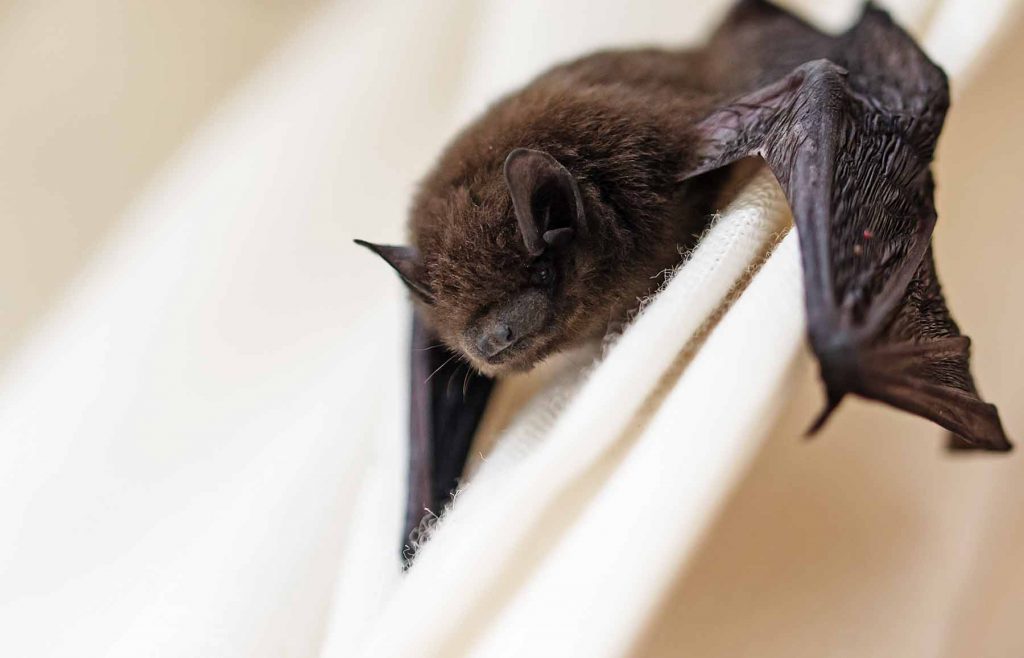As homeowners, encountering squirrels in our attics or ceilings can be a nuisance. The question of whether banging on the ceiling will effectively scare them away is a common one. To understand this, we must delve into the behavior patterns of squirrels and how they react to noise disturbances. While some may believe loud sounds will deter these critters, there are other factors to consider. Let’s explore the effectiveness of this method and weigh the pros and cons before deciding on the best course of action to handle squirrel intrusions.
Key Takeaways
- Banging on the ceiling may stress squirrels due to their high noise sensitivity.
- Alternative methods like repellents or barriers are more humane and effective.
- Scaring squirrels can lead to negative consequences and disrupt their natural behaviors.
- Effective squirrel deterrence involves using repellents, natural deterrents, and securing outdoor areas.
The Squirrel Behavior Patterns
Frequently observed in urban and forested environments, squirrels exhibit distinct behavior patterns that are essential to understand for effective squirrel management. Squirrel habits include nesting in trees or buildings, foraging for food, and establishing territories. Understanding these behaviors can help in implementing natural deterrents to keep squirrels away from unwanted areas.
One common squirrel habit is their tendency to hoard food. Squirrels collect and store nuts, seeds, and other food items to sustain themselves during periods of scarcity. This behavior often leads them to search for food near human habitats, causing conflicts.
To deter squirrels naturally, one can use their behavior patterns to advantage. For example, placing strong-smelling substances like peppermint oil or predator urine near entry points can deter squirrels due to their sensitive noses. Additionally, keeping garbage cans tightly sealed and removing potential food sources can help discourage squirrels from frequenting a specific area. By understanding squirrel habits and utilizing natural deterrents, it is possible to manage squirrel populations effectively.
Impact of Noise on Squirrels
The Impact of Noise on squirrels can significantly affect their behavior and well-being. Squirrels have shown high noise sensitivity, reacting strongly to loud or sudden sounds in their environment. Excessive noise can cause stress and anxiety in squirrels, disrupting their natural behaviors such as foraging, nesting, and communication. When squirrels perceive a threat due to noise, they may exhibit avoidance behaviors, such as fleeing the area or seeking shelter. Prolonged exposure to loud noises can lead to chronic stress in squirrels, impacting their overall health and survival.
In response to noise, squirrels may also become more vigilant and cautious, constantly on alert for potential dangers. This heightened state of awareness can be exhausting for squirrels and may affect their ability to rest and relax. Additionally, loud noises can interfere with squirrel communication, making it harder for them to convey important messages to other squirrels in their group.
Understanding squirrel reactions to noise sensitivity is essential for implementing effective methods to manage their presence without causing harm or distress to these animals.
Alternatives to Banging on Ceiling
To deter squirrels without resorting to banging on the ceiling, consider utilizing humane and effective alternatives. When looking for ways to keep squirrels away without causing harm or unnecessary stress, here are some options to consider:
- Ultrasonic Repellents: These devices emit high-frequency sound waves that are unpleasant to squirrels but are not audible to humans. This can deter squirrels from entering your space without causing them harm.
- Motion-Activated Sprinklers: Setting up motion-activated sprinklers can startle squirrels with a sudden burst of water when they approach your property. This can be an effective way to discourage them from getting too comfortable around your home.
- Natural Repellents: Using natural repellents like peppermint oil, vinegar, or predator urine can create a scent barrier that deters squirrels. These options are safe for the environment and wildlife.
- Physical Barriers: Installing physical barriers like mesh screens or fences can prevent squirrels from accessing certain areas. This method is non-invasive and can be a long-term solution to keep squirrels at bay.
Risks Associated With Scaring Squirrels
Scaring squirrels can lead to unintended consequences that may pose risks to both the squirrels and the surrounding environment. When squirrels are frightened, they can experience high levels of stress, which can have negative impacts on their health and behavior. Additionally, in their panicked state, squirrels may cause property damage as they try to escape or find shelter. Here is a table outlining the risks associated with scaring squirrels:
| Risks Associated With Scaring Squirrels |
|---|
| Squirrel Stress |
| Squirrels can experience high levels of stress when scared, leading to negative effects on their well-being. |
| Property Damage |
| Frightened squirrels may cause property damage as they attempt to escape or find a safe place, resulting in potential destruction. |
| Environmental Impact |
| Scaring squirrels can disrupt the natural balance of the environment, affecting other wildlife and vegetation in the area. |
It is essential to consider these risks before attempting to scare squirrels away, as there may be more effective and humane ways to address squirrel-related issues.
Tips for Effective Squirrel Deterrence
When trying to manage squirrel presence in a humane and effective manner, implementing practical strategies for deterring these animals can be advantageous. Here are some tips to help keep squirrels at bay:
- Squirrel Repellent: Consider using squirrel repellents available in stores or online. These products emit scents that squirrels find unpleasant, encouraging them to stay away from your property.
- Natural Deterrents: Utilize natural deterrents such as predator urine or predator decoys. Squirrels are wary of predators, so these methods can help deter them from entering your space.
- Seal Entry Points: Inspect your home for any openings that squirrels could use to get inside. Seal off these entry points with materials like wire mesh or caulk to prevent them from gaining access.
- Remove Food Sources: Keep your outdoor area clean and free of food scraps that may attract squirrels. Secure trash can lids and consider using squirrel-proof bird feeders to minimize food availability.

